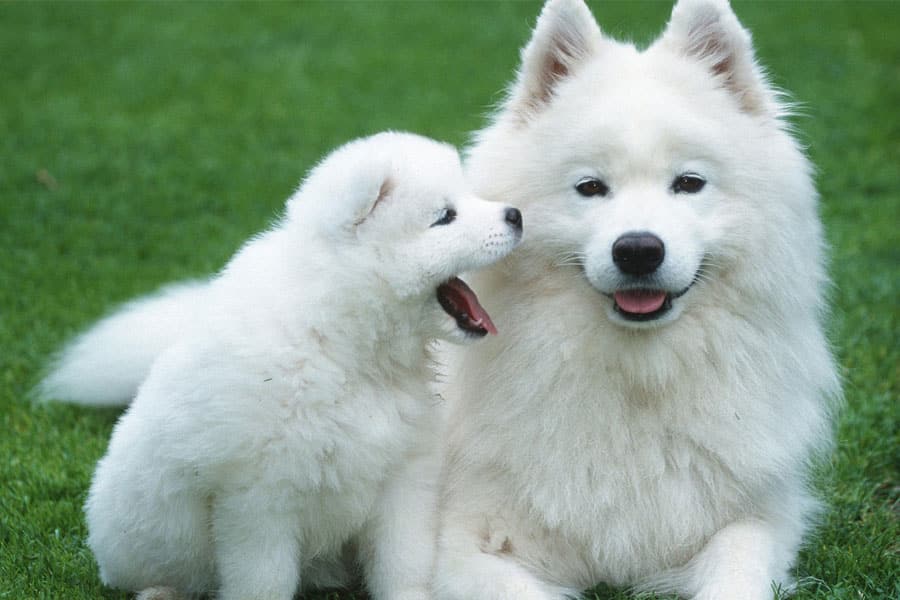Famous Dog Breeds That Originate In Scotland

There are many breeds of dogs that you can get that will make for excellent family pets, and Scotland is home to some of the most famous dog breeds worldwide. These dogs have been bred to accentuate specific characteristics that make them excellent for particular tasks or as family pets. Below you can see some of the most popular Scottish dog breeds that you can consider getting that will make a fantastic pet and welcome family member for you and your family.
The Golden Retriever
One of the most famous Scottish breeds is the golden retriever, bred to be a hunting companion dog in the 1800s. The breed was developed by combing the now extinct yellow retriever with the Irish setter, bloodhounds, and tweed water spaniel. They are highly intelligent animals and easy to train, and when visiting a facility offering dog training in Scotland, you will most likely see one of these loveable animals there as they are very popular.
The West Highland Terrier
When you think of Scottish dog breeds, one breed that often springs to mind is the West Highland Terrier, a small dog breed with a white coat and a cute face. These dogs can make excellent family pets, and they are very loyal, and as they are smaller dogs, they are also cheaper to look after. These lovely dogs have been bred to help control rodent populations and were once a common sight on large housing estates and markets to help kill rats and mice.
The Border Collie
Border Collies are working dogs that are common sights on farms and are often used for herding livestock, which they are exceptionally good at doing. The border collie breed developed from various dogs that came with foreign invaders to the UK, including the Vikings and Romans. They eventually evolved into the dogs we know today, and as well as being excellent working dogs, they also make fantastic family pets.
The Scottish Deerhound
The Scottish Deerhound is known as a royal dog in Scotland and was traditionally used by the landed elite and royals as a hunting dog. It is the tallest Scottish breed of dog, and it is also an ancient breed, and they have been used for hunting deer for hundreds if not thousands of years. You can find more information about this old and beautiful Scottish dog breed by clicking here. They can also make excellent pets and are loyal family dogs, but they require plenty of long walks and can eat a lot of food.
The Bearded Collie
The bearded collie is another cute and loveable dog that first originated in Scotland but has its roots in mainland Europe. It is thought the breed was first bred in the 1500s and originated from conquering forces in Scotland. You can trace the origins of this dog breed to the Polish and Hungarian areas of Europe and was traditionally a lowland sheepdog. They have excellent livestock herding skills, and they can also make fantastic family pets. However, as they are a long fur breed of dog, you will need to take excellent care of their coats, so they do not get matted.









